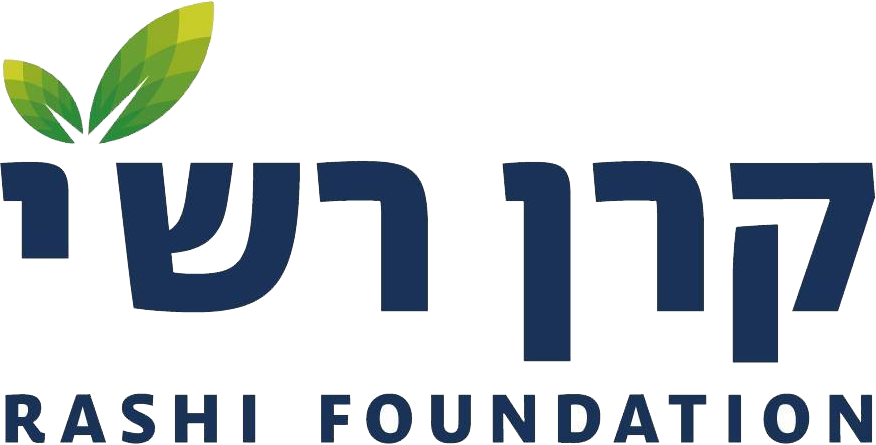By Michal Cohen, General Director of the Rashi Foundation
(translation of an op-ed article published in Yediot Aharonot, 14.7.20)
The coronavirus pandemic has caused a major crisis that seems to affect practically every country and person in the world. The discourse on this subject tends to focus on the threats and dangers of the crisis, which are undoubtedly serious. At the same time, the new reality we are learning to live with also brings opportunities – among them opportunities that involve the Israeli education system.
The coronavirus requires all of us to change habits and make adaptations; it required us to jump in at the deep end and make immediate decisions regarding the education system. Organizations, systems and societies that will manage to keep their head above water and swim to the shore, may not only survive but discover new strengths. In the education system, processes such as the adoption of remote learning and digital tools, which started before the crisis and were accelerated because of it – must not stop. The use of technology is nothing new; putting it into everyday practice wisely can make a huge difference in closing social gaps.
To this end, first of all we have to make sure that every student has access to technology for remote learning – computer, tablet or any other device. Moreover, it is necessary to train teachers in using technology-based teaching strategies. Rather than trying to create a simulated classroom, they need to adopt practices that facilitate personalized and independent learning, and which the “screen generation” can relate to. Nurturing these 21st century skills plays a key role in closing educational and social gaps between the center and periphery of the country.
Another, equally important issue is moving towards less centralized management of the education system, with differential delegation of authority to the local municipalities. The concept of differential autonomy is based on the understanding that every municipality has different needs and capabilities, which determine the level of independence or self-management they are allowed to have.
What the coronavirus crisis taught us is that the system works better in reverse: instead of the government dictating to the people in the field what they need to do, it responds to the needs that arise from the field. When every municipality requires a different level of assistance, the best way to close gaps is to offer tailor-made support according to the needs and most effective mode of operation for each one.
During Operation Protective Edge in 2014, the situation in southern Israel was very much unlike that in the center of the country, and so were the challenges facing the education system. Quite early on, the Ministry of Education – where I was the director general – decided to give the heads of municipalities in the south full authority to run the local education system. In so doing, the ministry’s head office turned from a commanding to a supporting arm. We realized that we have no way of estimating the needs better than the people with firsthand experience. This is exactly Israel should do now – and not only in emergency situations.
If the coronavirus crisis brings about this paradigm shift, it is quite possible that at some point in the future it will look as a springboard to a better education system, which is far more advanced, equal and fair.












